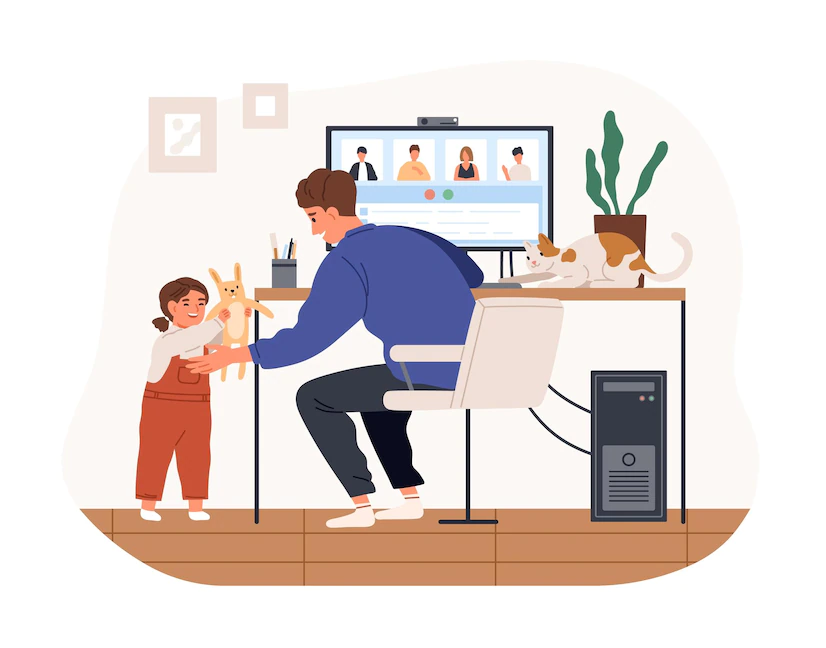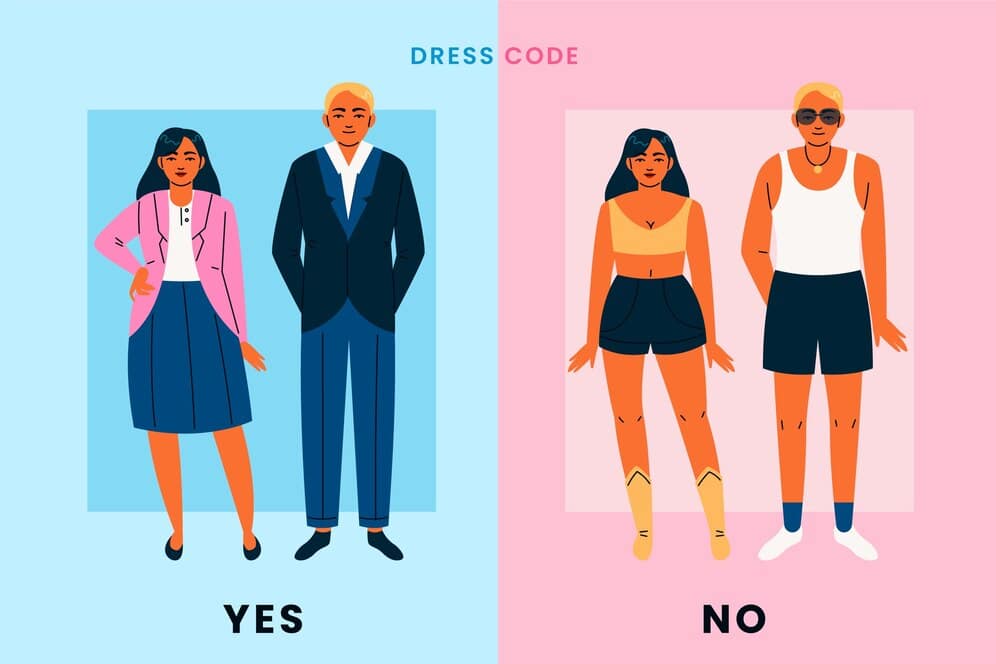6 Ways to Prepare for Online Interviews
The structure of recruitment has had to change to meet the requirements of the pandemic. Most interviews are now held online instead of face to face. This should not make job seekers complacent however, as there is very little difference between face-to-face interviews and those done via online platforms, meaning the same preparation is required. This article lists 6 ways to prepare for online interviews and is packed with tips on all the do’s and dont’s for when you finally get that call.

1. Manage Your Surroundings
Make sure that you have a suitable location to conduct the interview, ideally a quiet and tidy room to eliminate any and all distractions. The last thing you want is for your potential employer to be focusing on your Winnie the Pooh teddy or the empty water bottles you’ve been meaning to discard for weeks instead of how great you could be for the role. Notify all family members or housemates that this room is off limits during the time allocated, we all know the video of Professor Robert Kelly’s interview getting gatecrashed by his two young children. While hilarious for those of us watching, Robert Kelly can get away with it but you as a potential employee cannot. So lock that door if needs be and make sure that are no interruptions.

2. Check That Connection
Always make sure that you are fully set up on the device and the platform you are working off. Do a test call to a family member and make sure that the internet connection, sound and video are all working to the best quality. A bad connection could lead to a postponed interview and this does not often make the best first impression to a potential employer. You can trust that the competition will have made sure to have their equipment fully functioning and this could be the difference between getting that job you have been dreaming of or missing out.
3. Dress to Impress
The biggest mistake a candidate can make is to think they do not need to dress professionally for an online interview. Dressing suitably and professionally not only shows the interviewer that you are serious about the position on offer but also gives you, the interviewee, a sense of confidence. So put away the Disney slippers and baggy sweatpants and get suited and booted and I don’t mean just from the waist up, you need to be fully presentable not only for the benefit of the employer but for yourself.

4. The Name of Shame
This one might not seem like a big deal and often gets overlooked but my advice to candidates doing an online interview is to first make sure that their username on the platform they are using is interview and work appropriate. While BilboSwaggins and LiverpoolfcFoLyf were ok for your MSN back in the day, it can make it hard for an interviewer to not only keep a straight face but can leave them questioning how seriously you are taking the interview and the position they are offering. Where possible, use your first and last name in some format so it is clear to the interviewer who they are linking up with.
5. Say That to My Face
Eye contact and visibility are just as important on an online interview as they are face-to-face, so make sure that you are fully visible on the screen and maintaining eye contact regularly throughout the call. As intriguing as it is to watch your neighbour cut the grass, or to stare at that nice vase of flowers on your desk, try to position yourself in a suitable position without distractions. Your full attention should be on the interviewer and the questions being asked.

6. Don’t Worry, Be Happy
Last but not least, relax!! Try to calm your nerves and get settled in your surroundings prior to the interview. An interviewer can still pick up on nerves even when not face-to-face. Nerves are to be expected so don’t be worrying, if you have done your homework and have followed the above steps, then you have given yourself the best chance at securing your dream job.
So put these tips to the test and check out our jobs on offer:

Graduate Recruitment in Ireland: Tips for Landing Your Dream Job in the New Year
Graduate Recruitment in Ireland: Tips for Landing Your Dream Job in the New Year

Freelance vs. Full-Time: Exploring Flexible Work Arrangements in the Irish Job Market
Freelance vs. Full-Time: Exploring Flexible Work Arrangements in the Irish Job Market The way work is conducted has undergone a significant transformation in recent years. Traditional 9-to-5 office jobs are no longer the only option for those seeking employment and other more flexible arrangements have gained popularity. By exploring flexible work arrangements in the Irish…

The Most Effective Networking Strategies for Job Seekers in Ireland
The Most Effective Networking Strategies for Job Seekers in Ireland Networking is a crucial aspect of the job search process in Ireland, as it can help you uncover hidden job opportunities and gain insights into the job market. Having the right strategies can help you create meaningful relationships with industry professionals or even secure your…

Diversity and Inclusion in the Irish Workplace: Best Practices for Recruiters and Employers
Diversity and Inclusion in the Irish Workplace: Best Practices for Recruiters and Employers Diversity and inclusion in the workplace are becoming increasingly important considerations for employers, recruiters, and HR professionals. This is especially true of Irish workplaces, organisations must be proactive in their efforts to create diverse and inclusive teams. It is not only a…

